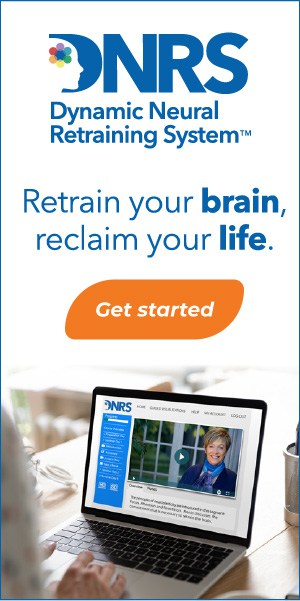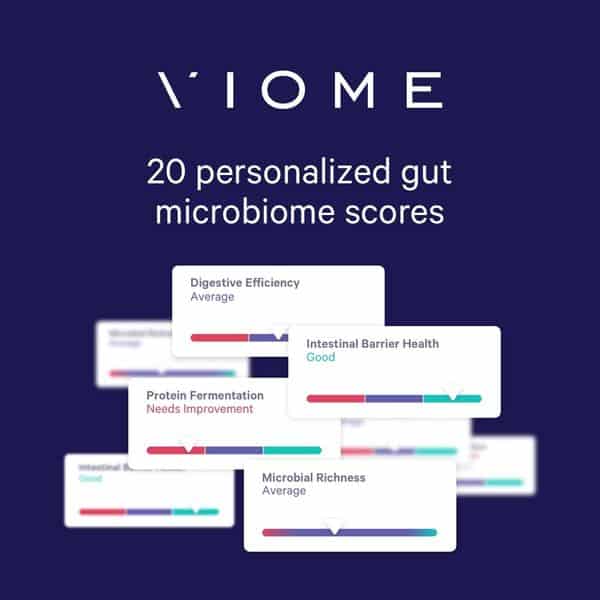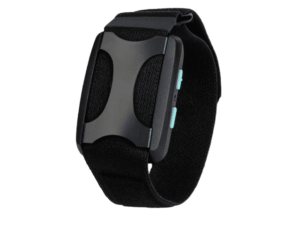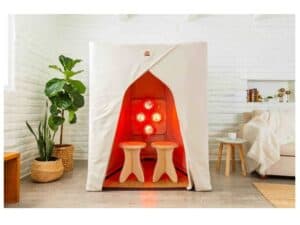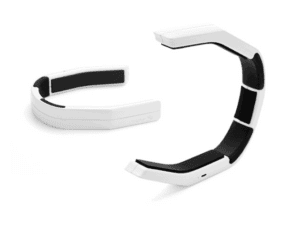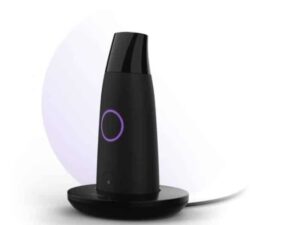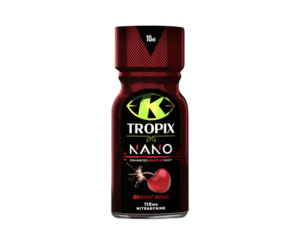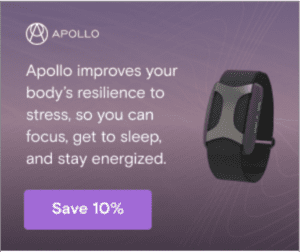Biohack Your Brainpower
Introduction
Growing up in the 80s and 90s, granola bars were touted as the ultimate healthy snack. They were a staple in lunchboxes, purses, and camping backpacks. But are these seemingly wholesome snacks really as nutritious as we once believed? As a certified Functional Nutritional Therapy Practitioner (FNTP) and nootropics expert, I’ve taken a closer look at the ingredients and nutritional content of popular granola bars. What I’ve discovered may surprise you.
In this article, we’ll explore the shocking similarities between granola bars and candy bars, the impact of unhealthy snacks on cognitive function, and healthier alternatives to fuel your brain and body. Let’s dive in!
The Truth About Granola Bars
High Sugar Content
One of the most significant issues with granola bars is their high sugar content. Many popular brands contain as much sugar as candy bars, with some packing in over 20 grams per serving. Take a look at this comparison:
| Snack | Sugar Content |
|---|---|
| Nature Valley Oats ‘n Honey Granola Bar | 11g |
| Quaker Chewy Chocolate Chip Granola Bar | 7g |
| Snickers Bar | 20g |
| Milky Way Bar | 31g |
As you can see, some granola bars contain nearly as much sugar as candy bars. Consuming excessive amounts of sugar can lead to blood sugar imbalances, inflammation, and decreased cognitive function. Learn more about the impact of blood sugar on brain health.
Unhealthy Fats and Artificial Ingredients
In addition to sugar, many granola bars contain unhealthy fats and artificial ingredients. Partially hydrogenated oils, high fructose corn syrup, and preservatives are common culprits. These ingredients can contribute to inflammation, gut health issues, and impaired brain function. Discover the connection between gut health and mental well-being.
Lack of Essential Nutrients
Despite their reputation as a healthy snack, many granola bars lack essential nutrients and fiber. They often contain refined grains and minimal amounts of protein, leaving you feeling unsatisfied and prone to energy crashes. Learn about the importance of balanced nutrition for cognitive function.
The Impact of Unhealthy Snacks on Cognitive Function
The Gut-Brain Connection
Your gut and brain are intricately connected through the gut-brain axis. An imbalance in your gut microbiome can lead to mood disorders, brain fog, and impaired cognitive function. Consuming snacks high in sugar and artificial ingredients can disrupt the delicate balance of your gut bacteria, leading to a host of mental health issues. Discover the link between leaky gut and leaky brain.
Learn More: How Your Gut Health Affects Your Mental Health
Blood Sugar Stability
Maintaining stable blood sugar levels is crucial for optimal brain function. When you consume snacks high in sugar, like many granola bars, your blood sugar levels spike and then crash, leading to fatigue, irritability, and difficulty concentrating. Explore the best herbs for naturally boosting focus and concentration.
Common symptoms of blood sugar imbalances include:
- Brain fog
- Mood swings
- Fatigue
- Cravings for sweets
- Difficulty focusing
By choosing snacks that promote blood sugar stability, you can support your brain health and overall well-being. Learn about the top supplements for balancing blood sugar.
Healthier Alternatives to Granola Bars
Whole Food Snacks
Instead of reaching for a processed granola bar, opt for whole food snacks that provide a balance of protein, healthy fats, and fiber. Some easy-to-prepare options include:
- Apple slices with almond butter
- Hard-boiled eggs
- Veggie sticks with hummus
- Handful of mixed nuts
- Greek yogurt with berries
These snacks will keep you satiated and provide the nutrients your brain needs to thrive. Discover the best nootropic mushrooms for cognitive enhancement.
Learn More: Complete Nootropic Mushroom Guide
Homemade Granola Bars
If you can’t resist the convenience of a granola bar, consider making your own at home. This allows you to control the ingredients and ensure you’re using wholesome, nutrient-dense foods. Try incorporating ingredients like:
- Rolled oats
- Nuts and seeds
- Dried fruit (in moderation)
- Coconut oil or nut butter
- Honey or maple syrup (sparingly)
By making your own granola bars, you can create a healthier alternative that still satisfies your snack cravings. Get inspired by these delicious and nutritious snack recipes.
Supplements and Nootropics for Cognitive Enhancement
Optimizing Gut Health
Before considering supplements, it’s essential to address your gut health. Incorporating probiotic-rich foods, such as fermented vegetables, kefir, and kombucha, can help support a healthy gut microbiome. You may also consider a high-quality probiotic supplement, like BiOptimizers’ P3-OM and Megasporebiotic
Learn More: MegaSporeBiotic Review- This Is The Best Probiotic
Brain-Boosting Supplements
Once you’ve optimized your gut health, you can explore supplements and nootropics known for their cognitive-enhancing properties. Some top choices include:
- Lion’s Mane Mushroom: Supports brain health, focus, and nerve growth
- Magnesium L-Threonate: Enhances memory, focus, and cognitive function
- Omega-3 Fish Oil: Essential for brain health and cognitive function
- Bacopa Monnieri: Improves memory and cognitive function
Mind Lab Pro
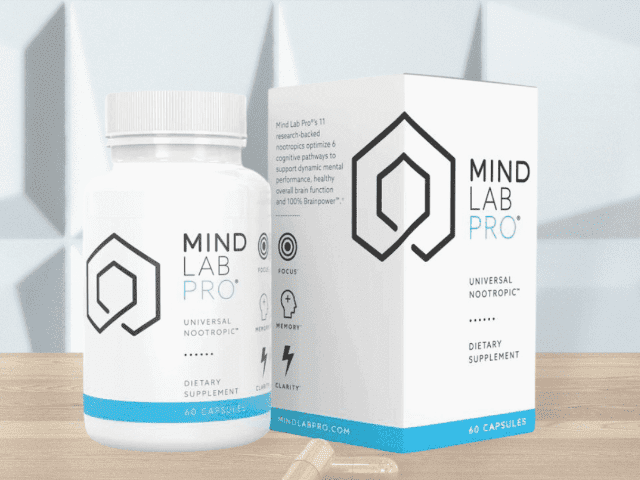
Designed to optimize cognitive functions through 11 natural ingredients that work in 6 bio-pathways
Boosts serotonin levels which can help improve your mood, sleep quality, appetite control, stress management,
Mind Lab Pro helps improve focus, memory, clarity, energy levels without relying on stimulants or artificial additives
Contains premium forms of each ingredient for enhanced potency and activity, while avoiding potential side effects associated with lower quality ingredients
Remember, supplements should be used in conjunction with a healthy lifestyle and not as a replacement for a balanced diet. Learn about the best nootropic stack for ultimate brain performance.
Learn More: The 7 Best Alpha GPC Supplements On The Market
Holistic Nootropic Practices
In addition to supplements, incorporating holistic nootropic practices can further support your cognitive health. Some effective strategies include:
- Regular exercise
- Adequate sleep
- Mindfulness and meditation
- Engaging in challenging cognitive tasks
- Social interaction
- Practicing gratitude
By taking a holistic approach to brain health, you can optimize your cognitive function and overall well-being. Discover how nootropics can enhance your yoga practice.
Learn More: The Best Nootropic Supplements To Enhance Your Yoga Practice
FAQ
-
Are all granola bars unhealthy? Not all granola bars are created equal. Some brands offer options with less sugar, whole food ingredients, and added protein or fiber. However, it’s essential to read labels carefully and choose bars with minimal processed ingredients.
-
Can I still enjoy granola bars in moderation? Enjoying a granola bar occasionally as part of a balanced diet is unlikely to cause significant harm. However, it’s best to view them as a treat rather than a daily staple in your diet. Learn about the best natural mood-enhancing supplements and biohacks.
-
What should I look for when choosing a healthier granola bar? When selecting a granola bar, look for options with:
- Less than 5 grams of added sugar per serving
- Whole food ingredients like nuts, seeds, and dried fruit
- At least 3 grams of fiber per serving
- No partially hydrogenated oils or artificial ingredients
-
How can I tell if I have poor gut health or blood sugar imbalances? Symptoms of poor gut health and blood sugar imbalances can include digestive issues, fatigue, brain fog, mood swings, and cravings for sweets. If you suspect you may have these issues, consult with a healthcare professional or a certified nutrition practitioner. Learn about the powerful Apollo Neuroscience wearable for stress relief and improved sleep.
-
What are the best supplements for improving brain function? Some of the best supplements for enhancing brain function include Lion’s Mane Mushroom, Magnesium L-Threonate, Omega-3 Fish Oil, and Bacopa Monnieri. However, it’s essential to address gut health and overall lifestyle factors before relying on supplements alone. Discover the top nootropics for memory enhancement.
Where to Buy Healthy Snacks and Supplements
- FreshCap Mushrooms for medicinal mushroom supplements
- BiOptimizers for digestive enzymes and gut health support
- Nootropics Depot for high-quality, third-party tested supplements
- Local health food stores and farmers markets for whole food snacks
Conclusion
While granola bars may seem like a healthy choice, many are no better than candy bars in terms of sugar content and artificial ingredients. By understanding the impact of unhealthy snacks on cognitive function and gut health, you can make more informed choices to support your brain and overall well-being.
Remember to prioritize whole food snacks, address gut health, and incorporate brain-boosting supplements and holistic nootropic practices into your routine. By taking a comprehensive approach to cognitive health, you can optimize your mental performance and feel your best.
I invite you to share your experiences and questions in the comments below. Together, we can navigate the world of healthy snacking and cognitive enhancement, one mindful choice at a time. Join the conversation on social media and let’s continue learning together!
References
- Riccio, P., Rossano, R., & Liuzza, M.T. (2010). May diet and dietary supplements improve the wellness of multiple sclerosis patients? A molecular approach. Autoimmune Diseases. 2010:249842. doi: 10.4061/2010/249842. PMID: 21461339. https://www.ncbi.nlm.nih.gov/pmc/articles/PMC3057617/
- Mayer, E.A., Knight, R., Mazmanian, S.K., Cryan, J.F., & Tillisch, K. (2014). Gut microbes and the brain: paradigm shift in neuroscience. The Journal of Neuroscience. 34(46):15490-15496. doi: 10.1523/JNEUROSCI.3299-14.2014. PMID: 25392516. https://www.ncbi.nlm.nih.gov/pmc/articles/PMC4228144/
- Kubala, J. (2018, May 1). The 14 Healthiest Foods to Eat After a Workout. Healthline. https://www.healthline.com/nutrition/eat-after-workout
- Mähler, A., Steiniger, J., Bock, M., Klug, L., Parreidt, N., Lorenz, M., Zimmermann, B.F., Krannich, A., Paul, F., & Boschmann, M. (2015). Metabolic response to epigallocatechin-3-gallate in relapsing-remitting multiple sclerosis: a randomized clinical trial. The American Journal of Clinical Nutrition. 101(3):487-495. doi: 10.3945/ajcn.113.075309. PMID: 25733635. https://pubmed.ncbi.nlm.nih.gov/25733635/
- Bauer, B. (2020, April 8). What are nootropics (smart drugs)? Mayo Clinic. https://www.mayoclinic.org/healthy-lifestyle/consumer-health/in-depth/smart-drugs/art-20360112





